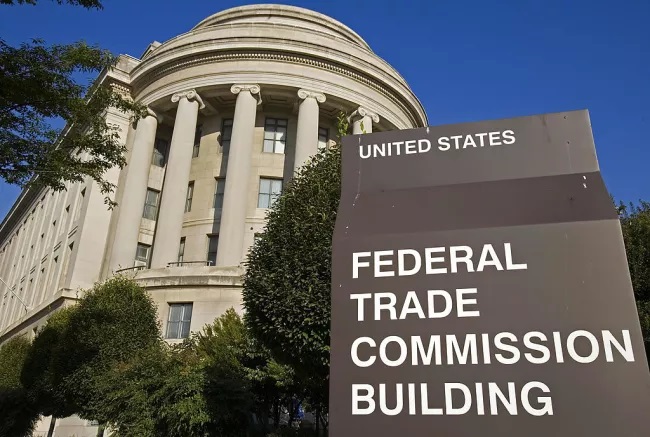FTC Launches Inquiry into Generative AI Investments and Partnerships
The agency is seeking information from Alphabet, Amazon, Anthropic PBC, Microsoft, and OpenAI as part of the inquiry

WASHINGTON, D.C.—The Federal Trade Commission has launched an inquiry into how generative AI might impact the competitive landscape and has issued orders to five major tech companies requiring them to provide information regarding recent investments and partnerships involving generative AI companies and major cloud service providers.
The compulsory orders were sent to Alphabet, Inc., Amazon.com, Inc., Anthropic PBC, Microsoft Corp., and OpenAI, Inc.
Generative AI has prompted government officials, regulators and media organizations to worry that Gen AI solutions might be used to unfairly influence elections with AI-generated propaganda, encourage copyright violations of content created by news organizations and artists and be used by criminals in a variety of fraudulent schemes.
Deals between generative AI companies like OpenAI and big tech companies have also prompted antitrust concerns that one big company might use the technology to dominate search and other lucrative digital markets.
“History shows that new technologies can create new markets and healthy competition. As companies race to develop and monetize AI, we must guard against tactics that foreclose this opportunity, “said FTC chair Lina M. Khan. “Our study will shed light on whether investments and partnerships pursued by dominant companies risk distorting innovation and undermining fair competition."
The FTC issued its orders under Section 6(b) of the FTC Act, which authorizes the Commission to conduct studies that allow enforcers to gain a deeper understanding of market trends and business practices. Findings stemming from such orders can help inform future Commission actions.
The Commission voted 3-0 to issue the Section 6(b) orders, which operate like subpoenas, and conduct the study of AI investments and partnerships.
Get the TV Tech Newsletter
The professional video industry's #1 source for news, trends and product and tech information. Sign up below.
The FTC said that the agency’s 6(b) inquiry will scrutinize corporate partnerships and investments with AI providers to build a better internal understanding of these relationships and their impact on the competitive landscape.
The FTC noted that companies are deploying a range of strategies in developing and using AI, including pursuing partnerships and direct investments with AI developers to get access to key technologies and inputs needed for AI development.
The Jan. 25 orders were sent to companies involved in three separate multi-billion-dollar investments: Microsoft and OpenAI, Amazon and Anthropic, and Google and Anthropic. The FTC’s inquiry will help the agency deepen its understanding of the investments and partnerships formed between generative AI developers and cloud service providers.
More specifically, the FTC said it was seeking information related to:
- Information regarding a specific investment or partnership, including agreements and the strategic rationale of an investment/partnership.
- The practical implications of a specific partnership or investment, including decisions around new product releases, governance or oversight rights, and the topic of regular meetings.
- Analysis of the transactions’ competitive impact, including information related to market share, competition, competitors, markets, potential for sales growth, or expansion into product or geographic markets.
- Competition for AI inputs and resources, including the competitive dynamics regarding key products and services needed for generative AI.
- Information provided to any other government entity, including foreign government entities, in connection with any investigation, request for information, or other inquiry related to these topics.
George Winslow is the senior content producer for TV Tech. He has written about the television, media and technology industries for nearly 30 years for such publications as Broadcasting & Cable, Multichannel News and TV Tech. Over the years, he has edited a number of magazines, including Multichannel News International and World Screen, and moderated panels at such major industry events as NAB and MIP TV. He has published two books and dozens of encyclopedia articles on such subjects as the media, New York City history and economics.

